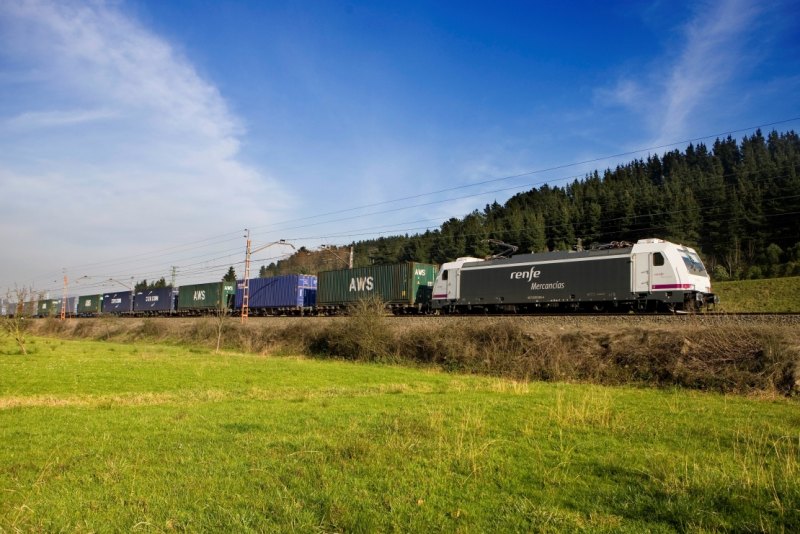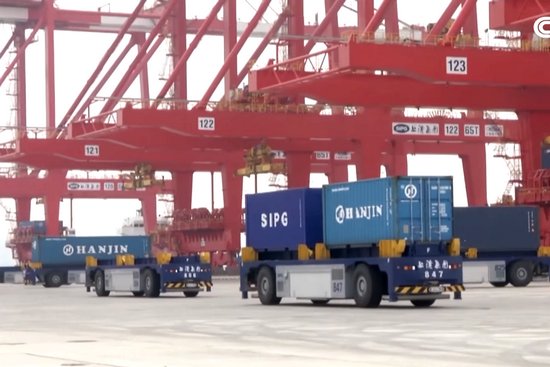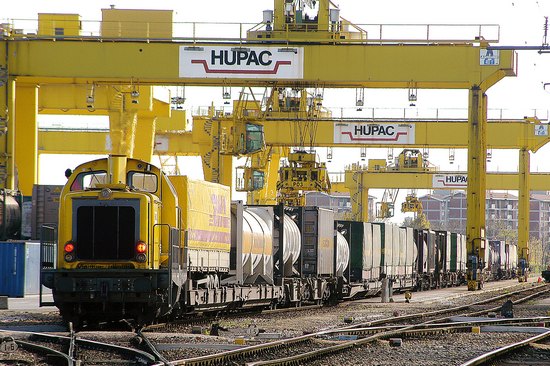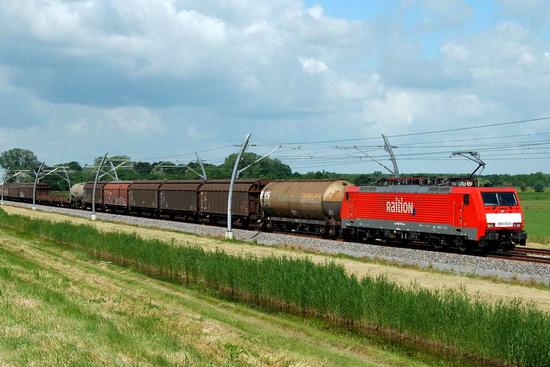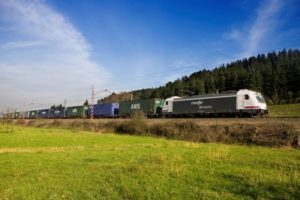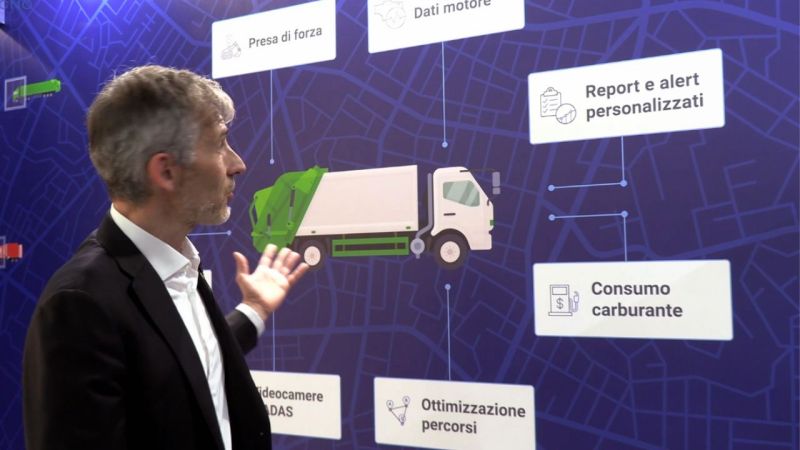On Monday, October 7, 2024, a long line of industrial vehicles crawled along the Alsatian stretch of France's A35 highway, occupying all lanes at a snail's pace. This marked the first action by truckers to protest the introduction of the ecotax, an additional toll for industrial vehicles expected to come into effect in 2027 in Alsace. The toll, called the R-Pass, would charge 15 cents per kilometer for vehicles exceeding 3.5 tons in total weight, and the government argues it would reduce heavy transit traffic, which currently accounts for half of all traffic in the region.
Alsace experiences significant transit of trucks involved in international transportation, many of which avoid German roads to sidestep the high tolls there. While the ecotax is currently just a proposal, set to be voted on October 21, 2024, truckers have already started their mobilization to oppose the measure. The Fntr association has expressed solidarity with the October 7 demonstration, stating that accepting the toll would mean "strangling businesses" and would result in "a guaranteed disaster for transport companies and the local economy."
France has a long history of protests against taxes that fall into the ecotax category. A first version was introduced nationally in 2013, with charges of approximately 13 cents per kilometer for vehicles over 3.5 tons. This led to strong protests by truckers and farmers (the "red caps") in Brittany, ultimately resulting in the tax's suspension. In 2017, the ecotax was officially scrapped, though the abandoned project had already cost the government around a billion euros for the installation of the toll infrastructure.


